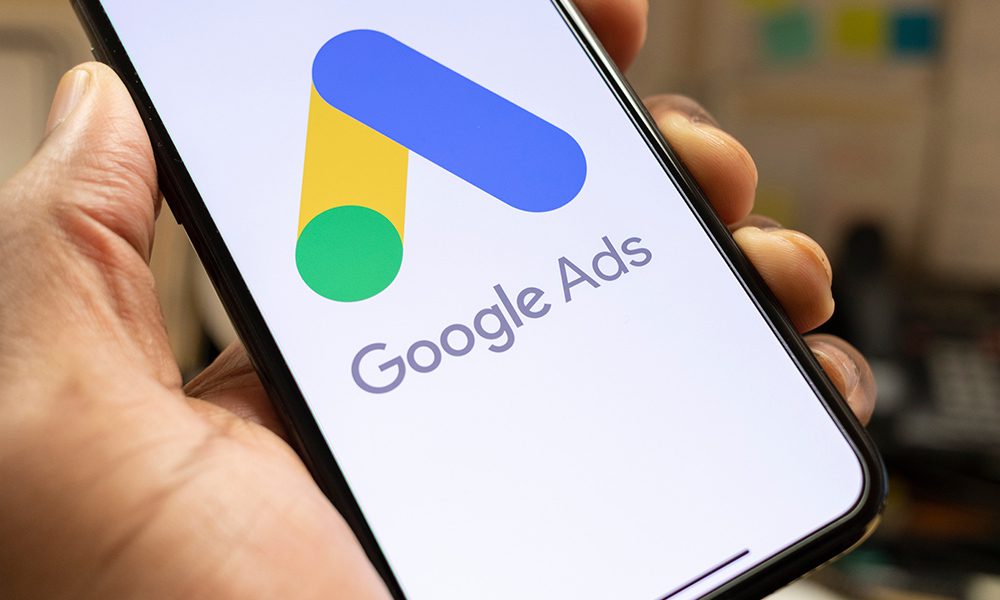New websites face significant visibility challenges. Fresh domains lack authority signals that search engines trust, making organic ranking an uphill battle. Most businesses need traffic immediately while building a long-term organic presence. This gap between immediate needs and future results creates a strategic dilemma for marketing teams with limited budgets. Paid search campaigns offer immediate visibility, while organic strategies develop behind the scenes. Professional Google Ads Services fill this critical gap, generating instant traffic while collecting valuable data that strengthens overall search marketing efforts. This collaborative approach creates synergies that benefit short- and long-term digital marketing objectives.
Immediate traffic generation
- New websites struggle to rank organically regardless of content quality. Search engines approach unfamiliar domains cautiously, often requiring months of consistent signals before granting meaningful visibility. This waiting period creates business challenges when leads and sales must flow immediately.
- Paid search campaigns bypass this trust-building phase by delivering instant visibility for targeted keywords. While organic listings gradually climb search result pages, ads appear immediately in premium positions. This immediate presence generates essential early traffic that keeps businesses operating during the SEO development phase.
Keyword validation tactics
- Organic keyword strategies involve substantial resource investments. Content creation, technical optimization, and link building require significant time and budget commitments. Choosing the wrong keyword targets wastes these resources on terms that may not perform as expected.
- Paid campaigns allow rapid testing of multiple keyword variations with minimal risk. Different terms receive small budget allocations to assess their performance before committing to full-scale organic campaigns. This testing reveals which keywords drive traffic, meaningful conversions, and revenue.
- The speed of this feedback loop transforms keyword research from theoretical exercises to data-driven decisions. Terms that perform well in paid campaigns become priority targets for organic optimization. Keywords that underperform can be refined or abandoned before significant resources are invested in ranking for them organically.
Content effectiveness measurement
- Creating content without performance feedback leads to inefficient resource allocation. Early-stage SEO campaigns frequently operate with limited data about what content resonates with target audiences. This information gap makes content planning more theoretical than data-driven.
- Paid campaigns accelerate content testing by driving targeted traffic to specific pages. By sending controlled visitor segments to different content types, marketers quickly learn which formats, topics, and approaches generate the strongest engagement and conversion metrics. These insights shape future content creation for organic campaigns.
Professional Google Ads Services enable sophisticated content experiments through targeted ad groups and landing page variations. The resulting performance data reveals audience preferences that inform editorial calendars, formatting decisions, and topic selection. This evidence-based approach dramatically improves organic content effectiveness.
Competitive intelligence gathering
- New market entrants often lack deep insights into competitor strategies. While SEO tools provide some visibility into competitor keywords, they offer limited information about which terms drive business results. This knowledge gap hampers effective competitive positioning.
- Paid search auctions reveal which keywords competitors bid most aggressively to own. These bidding patterns indicate which terms drive sufficient value to justify ongoing ad spend. Marketers gain insights into high-value keywords that might otherwise remain hidden by observing where competitors invest most heavily.
Search marketing works best when paid and organic strategies complement each other. Early-stage websites benefit particularly from this integrated approach, using immediate paid visibility to generate essential data while building a lasting organic presence. This collaborative model creates stronger overall performance than either strategy could achieve independently.





